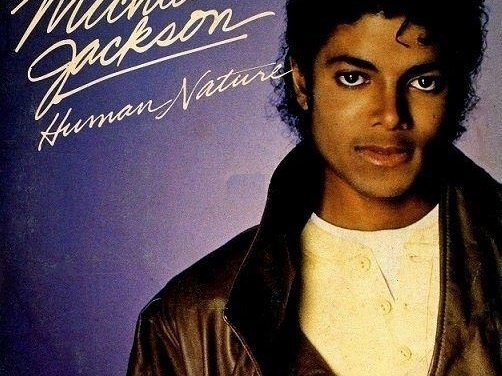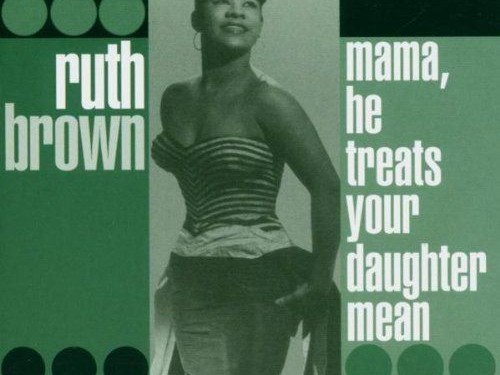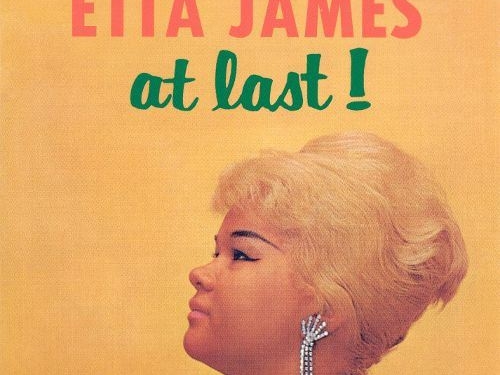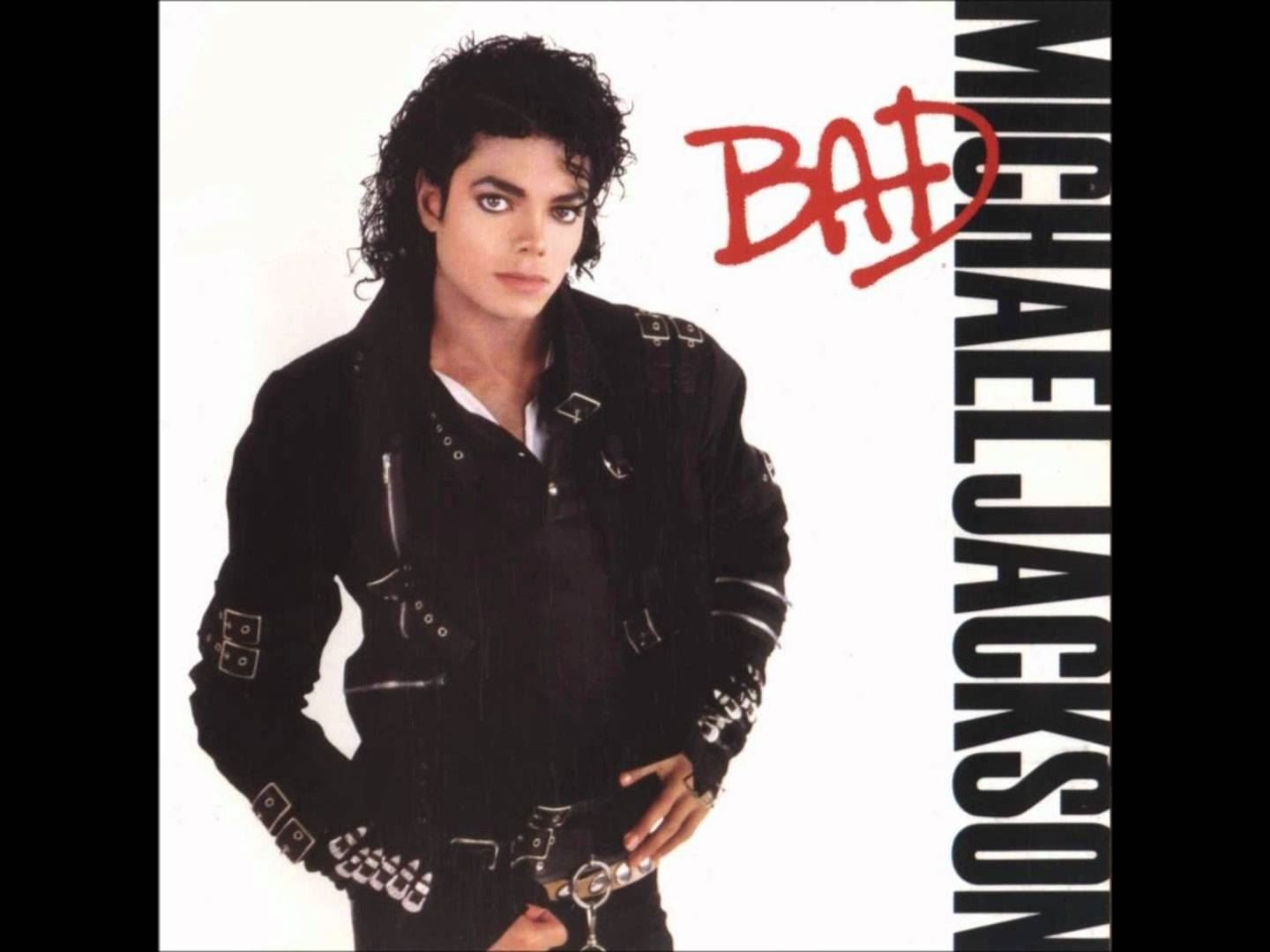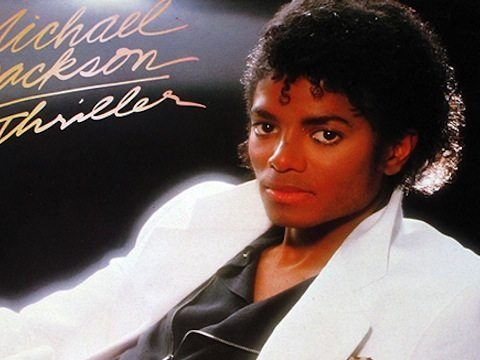One of Duke Ellington’s best-known and most lasting contributions to music is this 1931 tribute to trumpeter and former band member James “Bubber” Miley. He and Duke went back to the early ’20s, when his growling sound made with a plunger mute helped characterize the “jungle music” Duke was playing at the time (and also created a sound that would become important throughout the next century of jazz). Miley left the band in 1929, but by 1931, Bubber was in failing health. His colorful character and zest for life were instantly known to all who met him, and his motto was, “It don’t mean a thing if it ain’t got that swing.” In August 1931, during intermissions at Chicago’s Lincoln Tavern, Duke wrote a melody and had Irving Mills write lyrics.
On February 2, 1932, the band went into the studio to record it for the first time, with Ivie Anderson on vocals, Joe Nanton growling on trombone, and Johnny Hodges following up on sax. Just four months later, Bubber would be dead at 29.
Pay close attention to Hodges–a major figure in the Ellington band who would reign over the reed section for more than four decades (indeed, he died while recording Duke’s 1970 New Orleans Suite), Hodges’ playing style is early here but later evolved into one of music’s most distinctive sounds, one that still influences players today. We’ll visit much more of his work in the coming weeks.
Likely the first song to use the word “swing” in its title, “Don’t Mean a Thing” introduced the term into everyday language, predating the swing era (generally agreed to have begun in 1935) by three years.
Duke would re-record the song countless times throughout his life, and it would be covered by thousands of other musicians. In 1981, his music received a tribute musical in the form of Broadway revue Sophisticated Ladies, where the song was one of the high points of the show. Here it is, as performed by Phyllis Hyman (Tony-nominated for Best Featured Actress in a Musical), with tapdancing by Hinton Battle and Gregg Burge.


